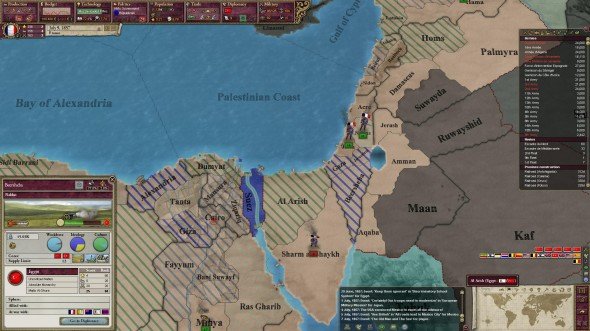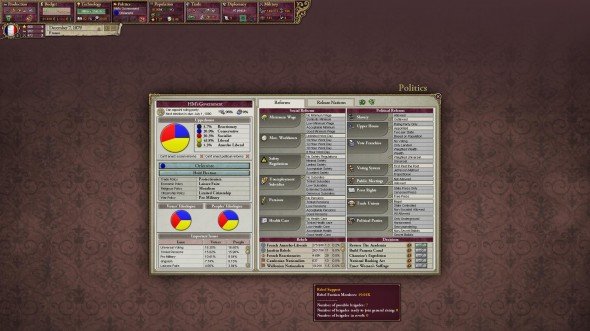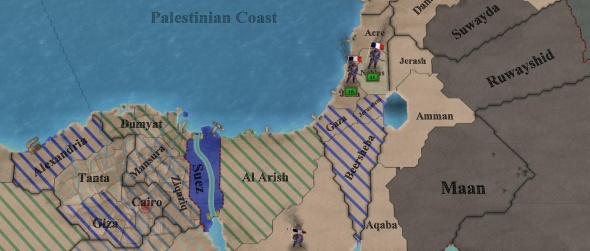Our Verdict
Its charming, but minor annoyances keep Paradoxs most polished release from reaching world domination.
PC Gamer's got your back
By the time the sun sets on your empire in Victoria 2, right around the time the Nazis are getting uppity, you'll have seen the early 19th century in full regalia: industrialisation, the American Civil War, communism and nationalism all make appearances as you watch a century of national improvement and expansion unfold.
Victoria 2 is a grand strategy game, in which you usher in the political, diplomatic, economic, military and technological advancement of one of 200 19th-century states. It's Paradox's most foreboding, statistic-leaning franchise, and it might take newcomers a real century to figure out precisely what's going on in this glacially paced 4X strategy game.

The blitzkrieg of numbers and menus is obviously overwhelming, but it's a highly nuanced way of controlling the proles: to move your country forward, you must learn the art of nudging your people slightly, so that they become more accepting of reforms that will civilise the nation, but not so quickly that they rise up against stubborn rulers.
Nudge and wink
Thankfully, many menus take care of themselves, and this more hands-off approach is a huge improvement over the micromanagement hell of the original game, but this is still a game for the hardest of the hardcore stat trackers. Unlike Europa Universalis III, there are no missions to push you into trouble, so you must seek them for yourself, setting your own terms for them. But when the world is mostly settled, wars are generally avoidable and money is easy to come by, why rock the boat?

If you do, Victoria 2 has one of the best attempts to model political evolution I've seen in a game: you can build a 'Sphere of Influence' over other nations, and it brilliantly captures the period's diplomatic struggles. You attempt to bring other nations over to your side, jostling for respect with other leaders, gently coercing smaller states over tactically to block the advance of, say, Germany.
It needs balancing, though: more often than not you can resort to the bayonet to clear any troublemakers, with no real consequences for doing so. Liberal rebellion across Austria? Why bother trying to stave it off when massacres of the rebels work just fine? Though the American Civil War erupts in 1849 like clockwork, there's also a rich alternative history that forms around your tussles with other nations. The AI is competent at fighting major wars, though it has a strange idea of who is threatening to whom; my Russian conquest of Prussia annoyed the British, but Vienna just yawned.
It's not a game for a light, historical tete-a-tete. Every national need is at your disposal: investing in Catalonian railroads may not be exciting, but this is one of Victoria 2's charms. Success can be peaceful; progress is gradual. It still needs some work, but it's certainly worth your time.
Troy Goodfellow
Its charming, but minor annoyances keep Paradoxs most polished release from reaching world domination.
PC Gamer is the global authority on PC games—starting in 1993 with the magazine, and then in 2010 with this website you're currently reading. We have writers across the US, Canada, UK and Australia, who you can read about here.



